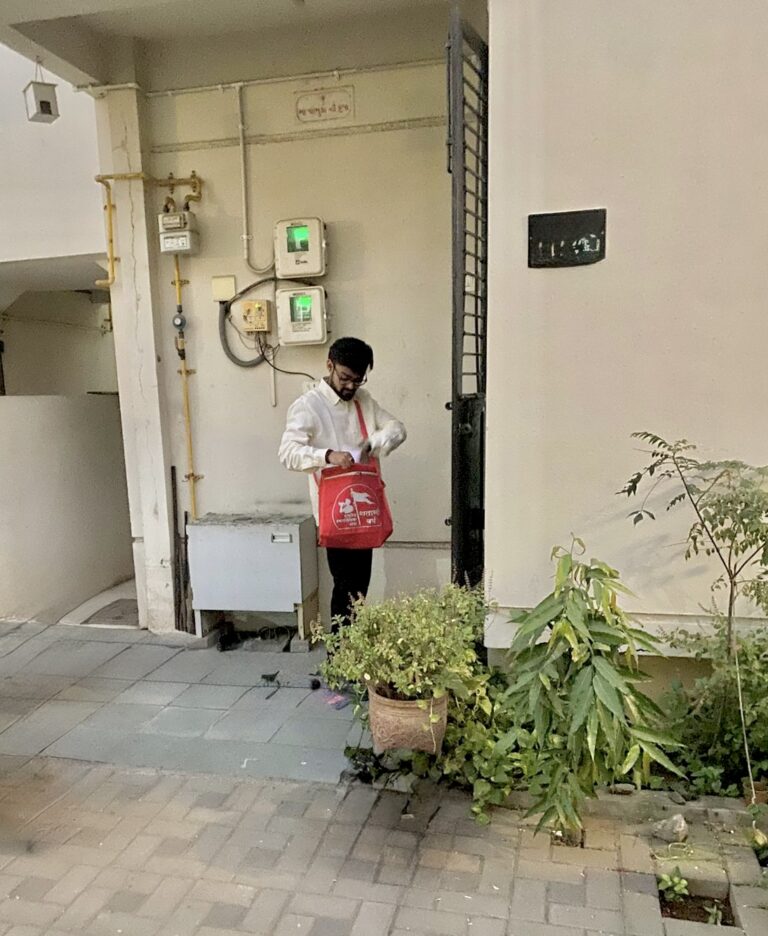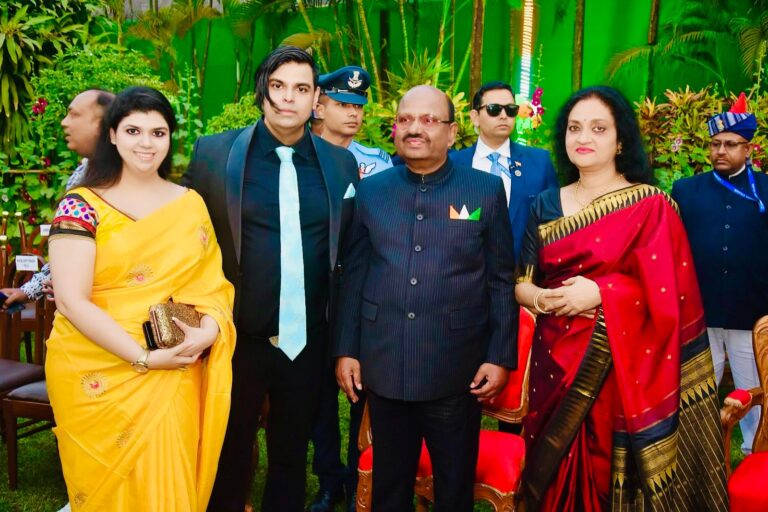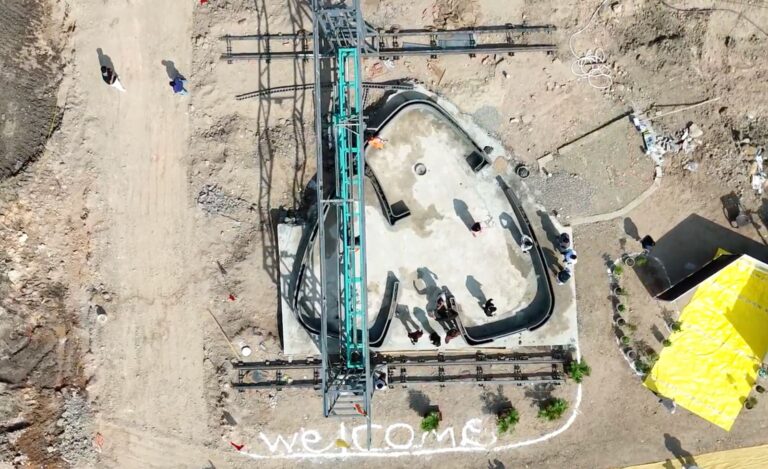
Shashi Tharoor's
In a significant legal development, the Delhi High Court on Thursday dismissed Congress MP Shashi Tharoor’s plea to quash the defamation proceedings against him. These proceedings were initiated by Bharatiya Janata Party (BJP) leader Rajiv Babbar in response to Tharoor’s controversial “scorpion on Shivling” remark about Prime Minister Narendra Modi. The court’s decision upholds the summons issued by a city court in April 2019, requiring Tharoor to answer the criminal complaint filed by Babbar.
The controversy dates back to October 2018 when Shashi Tharoor, known for his eloquent speeches and sharp political commentary, allegedly made the remark during a literature festival in Bangalore. The comment drew widespread attention and criticism, particularly from BJP leaders and supporters, who viewed it as an affront to Prime Minister Modi and a disrespectful reference to Hindu religious sentiments. Rajiv Babbar, a BJP leader, subsequently filed a criminal complaint against Tharoor, claiming that the comment hurt his religious feelings and was defamatory.
Babbar’s complaint argued that Shashi Tharoor’s statement was not only an insult to the Prime Minister but also a deeply offensive remark that undermined the religious sentiments of millions of Hindus. The city court found merit in Babbar’s complaint and issued a summoning order in April 2019, directing Tharoor to appear as an accused in the defamation case.
Tharoor, in response, approached the Delhi High Court, seeking to quash the summoning order and dismiss Babbar’s complaint. In his petition, Tharoor argued that the trial court’s decision was legally unsound and violated established principles of criminal jurisprudence. He contended that Babbar’s complaint was “completely false and frivolous,” lacking any substantive basis for a defamation claim.
Shashi Tharoor’s legal team emphasized that the remark was made in a metaphorical context and was not intended to cause offense or harm religious sentiments. They argued that the complaint was politically motivated, aimed at silencing Tharoor’s critical voice and stifling free speech.
Despite these arguments, the Delhi High Court, led by Justice Anoop Kumar Mendiratta, dismissed Tharoor’s petition, thereby upholding the summoning order issued by the city court. The court’s verdict effectively means that Tharoor will have to face the defamation proceedings initiated by Babbar.
“The petition is dismissed,” Justice Mendiratta stated while delivering the judgment, signaling the court’s decision to let the trial proceed as per the original order. The dismissal of Tharoor’s plea marks a crucial point in the ongoing legal battle, as it clears the way for the defamation case to move forward in the lower courts.
The Delhi High Court’s ruling is likely to have significant implications, both legally and politically. For Tharoor, a prominent Congress leader and intellectual, the decision is a setback in his efforts to challenge the charges against him. It also highlights the judiciary’s stance on defamation cases, particularly those involving high-profile political figures and sensitive issues like religion.
For the BJP, the court’s decision is seen as a validation of their stance against Tharoor’s remarks, further strengthening their narrative of protecting religious sentiments and upholding respect for the Prime Minister.
As the case proceeds, it is expected to draw considerable attention, given Tharoor’s public persona and the political undercurrents surrounding the issue. The defamation trial will not only test the legal arguments on both sides but also serve as a litmus test for the boundaries of free speech and political discourse in India. As of now, Shashi Tharoor remains entangled in a legal battle that could have far-reaching consequences for his political career and the broader landscape of Indian politics.








